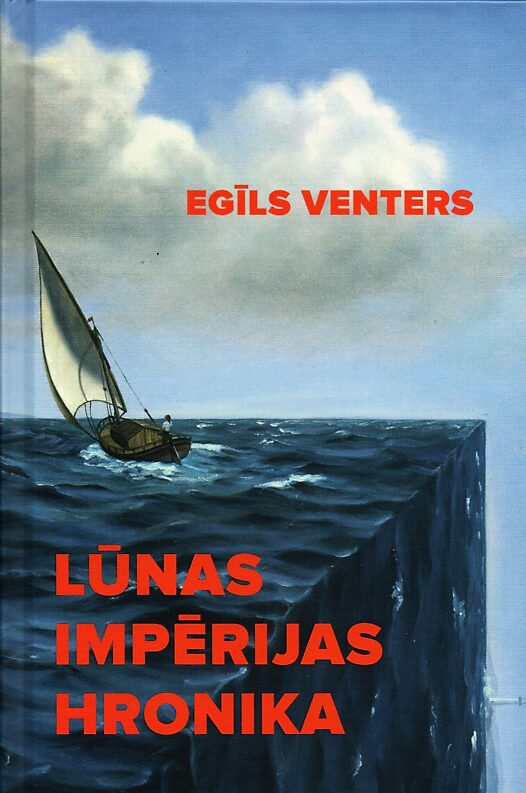A
BRIEF HISTORY OF THE LUNA EMPIRE
1.
Amaru’s
father was the island’s penultimate ruler; everything that happened during his
rule was what Plato later called the “nature of the gods interfering with the
nature of man” and the “inability to survive true happiness.” It was during his
rule that the entertainment empire was created, which they called LUNAparks—gambling
halls, strip clubs, gladiator battles, and everything else that came to the
isolated island from the continent.
In his better years, his father
was a thickset man with a round Moon face; the fire symbol in the middle of his
forehead was like one of Luna’s craters and was the ideal source of inspiration
for the court poet to write the an ode in praise of the “eternal ruler.”
2.
It
was also during his father’s rule that Zeus decided to punish the degenerate
human race, even though the reason wasn’t the fall of mankind, as the eschatologists
like to think. What really angered Zeus was his visit to the Amilos Province.
There, unbeknownst to him, the god was served human flesh. As revenge, the
ruler of Olympus turned the ruler of Amilos into a wolf—so that he himself
would have to eat human flesh.
Zeus battered the Amilos palace
with ferocious lightning; it seemed that would be enough for the gods, but it
wasn’t certain.
The gods of Olympus met and
unanimously agreed to wipe out mankind—by sending upon them a terrible storm
with earthquakes and torrential rains.
After us, the deluge, was the
most commonly heard phrase that summer.
3.
In
Amaru’s memory, his grandfather was a monumental gray-haired man with thick
eyebrows and a bad set of dentures. He was a monument among monuments; you
couldn’t throw a rock without hitting something dedicated to the great Successor,
a pyramid or bust; Poseidon and Luna had more dedications, but none of them
were as grand as the orichalcum pole erected in his grandfather’s time, which
was engraved with words specially chosen by the court poets; they were engraved
with golden words into the pole:
“Our ruler is a spirit of the
earth, who appears at nightfall and shines like lightning in the broad expanse
of night.”
An anonymous historian had
something else to say about this era:
“The sun hid behind the clouds
all summer long. There was complete silence across the land; a thick fog
covered the people and fields like a sail. The air was heavy and oppressive;
the people had no happiness or joy.”
This is the time of Amaru’s
childhood.
4.
Amaru’s
grandfather is better described in another ancient Greek record:
“The entire world looks like a
field of corpses. A red evening glow—the blood of those sentenced to death. The
stars—the scattered bones of the dead. A bright moon—a skull.”
This era was known as the Great
Fire or the Great Terror, but his grandfather—a sneering, bearded man with a
pipe between his lips—inspired fear in everyone from Tyrrhenia in Europe to the
land on the other side of the sea.
And it was he who introduced the
concept of TWO WORLDS.
5.
In
reality, the ancient Greek myth about Athena’s and Poseidon’s quarrel has
immortalized the memory of the Greek-Atlantean war. This myth doesn’t say
anything about the reasons for the war, or that the islanders’ seaside sunsets
as well as sunrises were red—but that even the Moon rose bloody.
Two-thirds of Asia’s population
was killed in the name of the Luna Empire, as was three-fourths of Europe’s
population. The bearded ruler also wiped out half of the island’s population,
who were slow to realize that the sign of the Sun had no room in their lives.
The thousand-years-old Sun cult
was reduced to rubble in less than a decade.
Once he’d finished with the
islanders, his grandfather turned to Europe and Asia.
6.
The
Athenians pushed the Atlantean forces back to the sea, and forced them to
retreat to the island. Since that war (which, let’s remember, the bearded ruler
referred to as the TWO WORLDS WAR), no ship fared the sea between the continent
and the island, except for on moonless nights.
Herodotus believes that the Atlantean
lost the war (which was the real first world war) because the Athenians and
Asians DIDN’T worship the Sun, and because many of their gods were similar to
those of the Atlanteans.
The Luna Empire showed its
weakness for the first time, and thousands of warriors returned to the island,
ashamed.
Their hearts retreated into the
shadows of doubt—was the Moon a false god?
Translated by Kaija Straumanis

